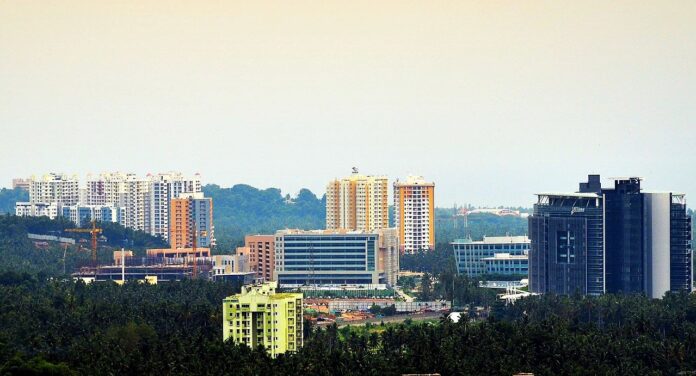“The Covid-19 pandemic will not be the last, we must diversify our capabilities and ensure that collectively we can preserve ourselves in the face of any health crisis”.
The first meeting of the G20 working group on health under the presidency of India is underway in Thiruvananthapuram (or Trivandrum), in the Indian state of Kerala, and will end on 20 January. The proceedings – reports a statement from the Indian Ministry of Health – were opened by the Undersecretary for Health, Bharati Pravin Pawar, and by the Undersecretary for Foreign Affairs, S.V. Muraleedharan, who highlighted the importance of learning from the pandemic to shape the health agenda. “Pandemic policy must be a defining part of our health policy as any health crisis today leads to an economic crisis due to the multi-sectoral nature of our interconnected world,” Pawar said. “The Covid-19 pandemic will not be the last”, warned the undersecretary, underlining the need to “diversify our capabilities and ensure that collectively we can preserve ourselves in the face of any health crisis”. Muraleedharan urged to “align preparedness and response programs together to be able to effectively address any emergency”.
Health Sector of New Delhi
The three priorities indicated by New Delhi for the health sector are prevention, preparedness and response to emergencies; strengthening cooperation in the pharmaceutical sector; digital innovation. On the sidelines of the meeting, a collateral event dedicated to health tourism and digital medicine is planned. The health working group will meet four times in the presidency year; in addition, a ministerial-level meeting is planned. The next meetings will be held in Goa, Hyderabad (Telangana) and Gandhinagar (Gujarat). Upcoming side events will focus on collaborative drug and vaccine research and traditional medicine.
“One land, one family, one future” is the theme chosen by the government of India for the presidency. The concept takes up that of a Hindu teaching: “The world is a family”, transmitted by an ancient Sanskrit text (“Maha Upanisad”). The logo depicts the national flower, the lotus, colored with saffron and green – the colors of the flag together with white – and juxtaposed with planet Earth. With a view to broad participation on a national scale, the G20 events – around 200 meetings on 32 thematic areas – will involve many cities, in addition to the capital New Delhi. Over the next 12 months, India will collaborate above all with Indonesia and Brazil, which has joined the so-called troika formed by the country president, by what preceded him and what will succeed him.
About G20
The G20 is an intergovernmental organization created in 1999. The European Union and 19 advanced and emerging countries are members of it: Saudi Arabia, Argentina, Australia, Brazil, Canada, China, South Korea, India, Indonesia, France, Germany, Japan, Italy, Mexico, United Kingdom, Russia, United States, South Africa and Turkey. The members are joined by permanent guests – including Spain, the African Union, the World Bank, the International Monetary Fund – and occasional guests, usually one or two states chosen by the country holding the rotating presidency. The Group represents approximately 85 percent of gross domestic product, 75 percent of trade and two-thirds of the world’s population.
This article is originally published on agenzianova.com


